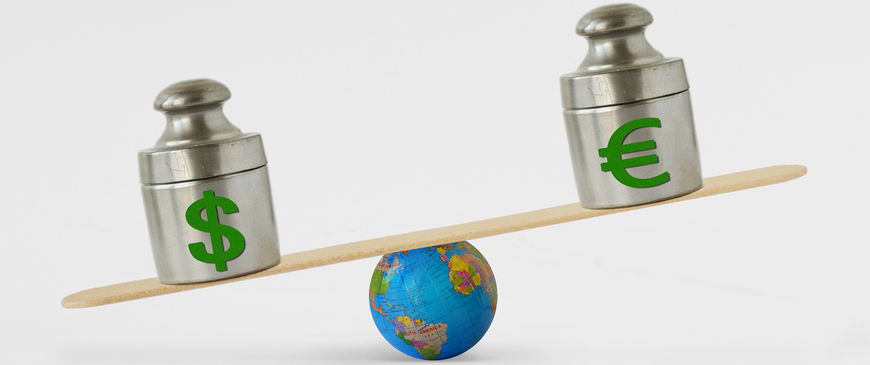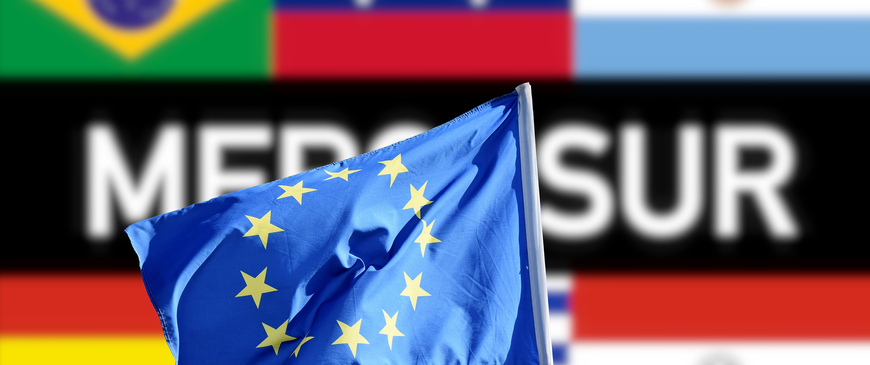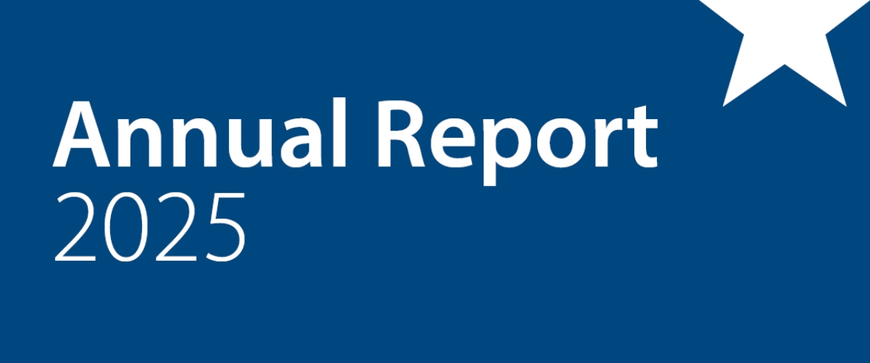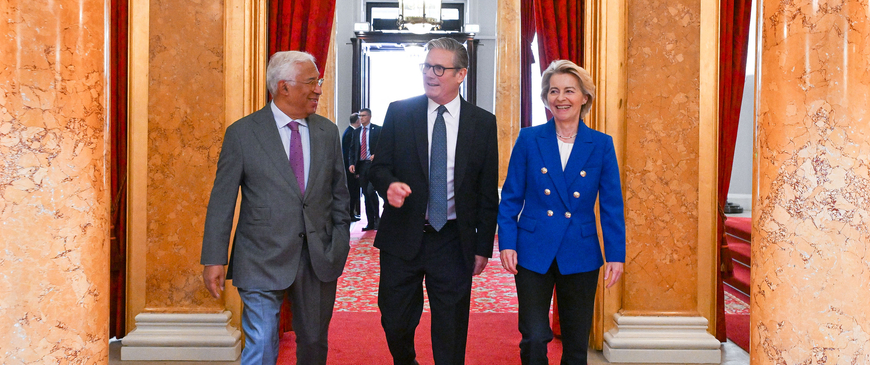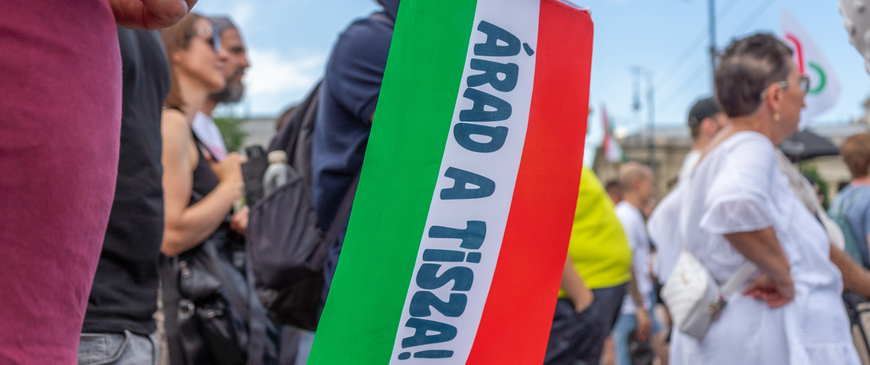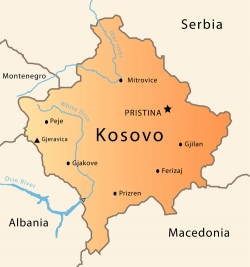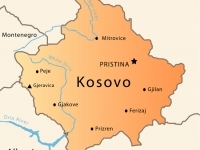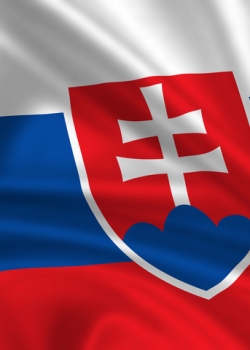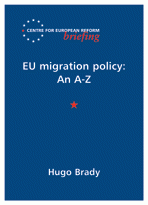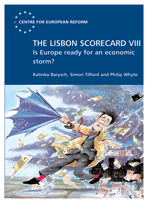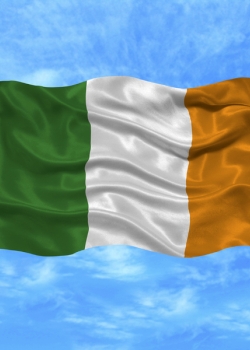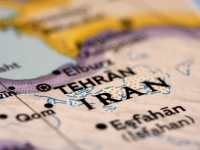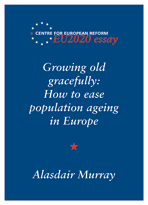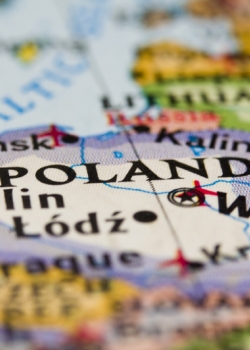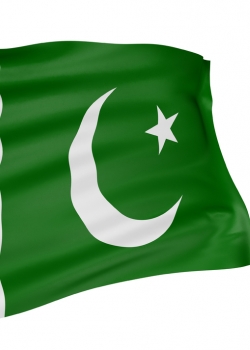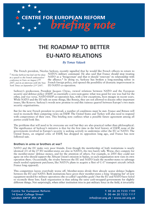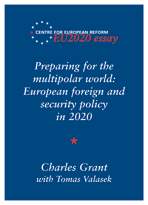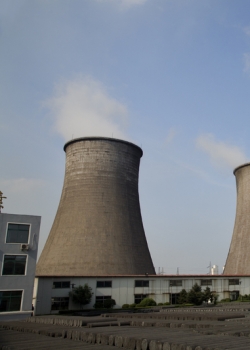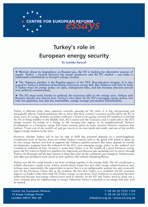Research
Kosovo - the economic dilemma
29 February 2008
Now that Kosovo’s independence party is over, the hard work begins. Despite the efforts of the UN and the EU, the institutions of government remain fragile, corruption is rife, and organised crime is a problem.
The EU in Kosovo: Learning to let go
25 February 2008
Here’s a secret about Kosovo’s independence – it is not real; not yet anyway. Without outside help, Kosovo would not function today. But at the same time, the new EU mission will have to justify its presence in the eyes of the Kosovo people.
Time for the Export-Weltmeister to start consuming
13 February 2008
Too many Europeans are blaming the US for the economic slowdown in Europe, as if everything would have been fine if only the Americans were not so irresponsible. This is complacent.
The Slovak roadblock for the Lisbon treaty
08 February 2008
Fear the unknown unknowns, the former US defence minister Donald Rumsfeld once said (before falling victim to his own adage). There is a lesson in his words for the framers of the Lisbon treaty.
The Egypt-Gaza boarder breach: A wake up call?
08 February 2008
Events on the ground in Israel and Gaza have taken a new turn for the worse. But the latest crisis could lead to a more constructive approach in solving the Middle East stand-off.
EU migration policy: An A-Z
01 February 2008
More and more people want to come to Europe to live and work. This is a welcome development, given Europe's ageing population. But increasing migration poses big challenges for EU governments.
My five ideas for Europe's future
01 February 2008
To dismiss history is usually a mistake. But in one respect, at least, history weighs down on Europe in a manner that crushes its promise and potential. After a dismal century in which the continent was torn apart by men with vision and certainties, a reaction was inevitable.
The Lisbon scorecard VIII: Is Europe ready for an economic storm?
01 February 2008
After more than half a decade of economic gloom, the years 2006 and 2007 restored some much-needed optimism to Europe. Faster GDP growth and falling unemployment were at least partly due to the implementation of structural reform.
Bad omens loom over Irish referendum
01 February 2008
Ireland's voters have a crucial decision to make on the future of the EU – in May or June this year – when they vote in the only referendum on the Treaty of Lisbon.
Poland’s bold new foreign policy
01 February 2008
For the rest of Europe, the worst thing about Poland’s Law and Justice government, led by Jaroslaw Kaczynski, was its foreign policy. His approach towards Russia, Germany and (sometimes) the EU – supported by his twin brother, President Lech Kaczynski – was confrontational.
Issue 58 - 2008
25 January 2008
- My five ideas for Europe's future, Nick Butler
- Bad omens loom over Irish referendum, Hugo Brady
- Poland’s bold new foreign policy, Charles Grant
A new phase in EU-Iran diplomacy
25 January 2008
The US caused a small earthquake in the foreign policy circles when it announced, in November 2007, that it believes that Iran is no longer producing nuclear weapons.
Growing old gracefully: How to ease population ageing in Europe
17 January 2008
Europe stands on the cusp of a demographic revolution. Rising life expectancy and low fertility are radically transforming Europe’s demographic profile. Ageing populations pose profound political, economic and social challenges for Europe.
Poland's bold new foreign policy
17 January 2008
As far as the rest of Europe was concerned, the worst thing about Poland’s Law and Justice government, led by Jaroslaw Kaczynski (and supported by his twin brother, President Lech Kaczynski), was its foreign policy. The twins’ attitude towards Russia, Germany and – sometimes – the EU was confrontational. The Civic Platform government that took over in October is shifting Poland’s foreign policy. Its ministers often speak to the Germans without reminding them of the war. More controversially, the government is trying to build bridges with Russia. Moscow has lifted its ban on meat exports from Poland, while Warsaw has consulted the Russians about the Bush administration’s plans to deploy missile defence systems in Poland. Prime Minister Donald Tusk is much less enthusiastic than the Kaczynskis about missile defence
What, if anything, is Europe to do about Pakistan?
10 January 2008
As if to prove that “when it rains, it pours”, Pakistan took yet another step towards chaos with the assassination on December 27th of Benazir Bhutto, the country’s former prime minister.
The roadmap to better EU-NATO relations
20 December 2007
President Sarkozy has recently said that France may re-integrate into NATO's military command. This abrupt change in French policy opens doors to a much-needed improvement in EU-NATO relations.
Preparing for the multipolar world: European foreign and security policy in 2020
18 December 2007
The world is becoming increasingly multipolar. Will that mean democratic poles lining up against autocracies, in two competing camps? Or will all the leading powers support multilateral institutions?
Don't be fooled: Bali was no breakthrough
18 December 2007
The United Nations Climate Change Conference in Bali produced as much as it was ever likely to do. There was no breakthrough, contrary to the claims of some that attended the conference.
Turkey's role in European energy security
12 December 2007
Turkey – located between big energy producers and the EU market – is crucial for Europe’s energy security. However, plans for the Nabucco pipeline as an alternative to Russian gas supplies are in trouble.
Should Europol and Eurojust merge?
07 December 2007
Governments increasingly use Europol, the EU’s police office, and Eurojust - its prosecution unit - to investigate criminals operating across borders and bring them to justice.

